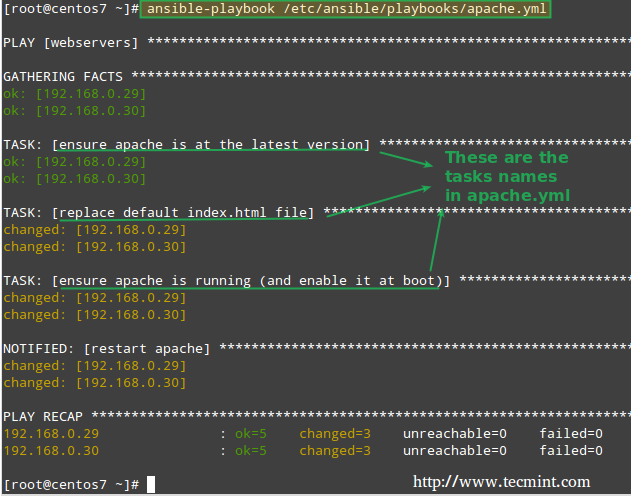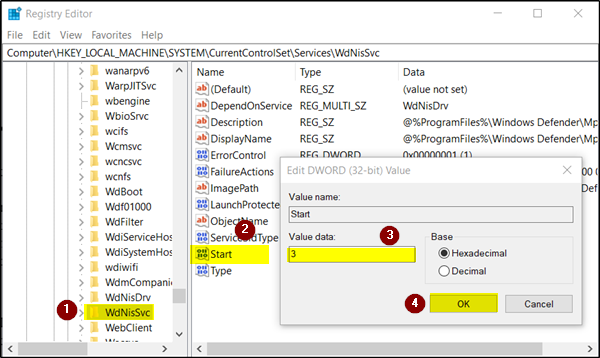
Have questions or feedback about Office VBA or this documentation? Please see Office VBA support and feedback for guidance about the ways you can receive support and provide feedback. If the Document Inspector encounters errors during the operation, the module is flagged, displays an error message, and the data for that module does not change. The Console opens in DevTools, next to the present. Press Ctrl + Shift + J (Windows, Linux) or Command + Option + J (macOS). In this example, you set a value in the DOM by using the Console, to affect the webpage styling: you add a green border around the header. If you choose to remove the data for a given module, the dialog box displays descriptive text that indicates whether the operation was successful or not. You can manipulate the webpage from the Console, as follows. If the module does not find data, the dialog box displays a message to that effect. If a given module finds data, the dialog box includes a Remove All button that you can click to remove that data. Use the Document Inspector dialog box to select the type or types of data to find in the document.Īfter the modules complete the inspection, the Document Inspector displays the results for each module in a dialog box. Furthermore, you can find the Troubleshooting Login Issues section which can answer your unresolved problems and equip you with a lot of relevant. LoginAsk is here to help you access HTML Inspector quickly and handle each specific case you encounter.

The Document Inspector in Word, Excel, and PowerPoint includes the following enhancements.

We recommend that you run the Document Inspector before you sign a document or invoke IRM on a document.Īs a developer, you can use the Document Inspector framework to extend the built-in modules and integrate your extensions into the standard user interface. Microsoft does not support the automatic removal of hidden information for signed or protected documents, or for documents that use Information Rights Management (IRM).


 0 kommentar(er)
0 kommentar(er)
